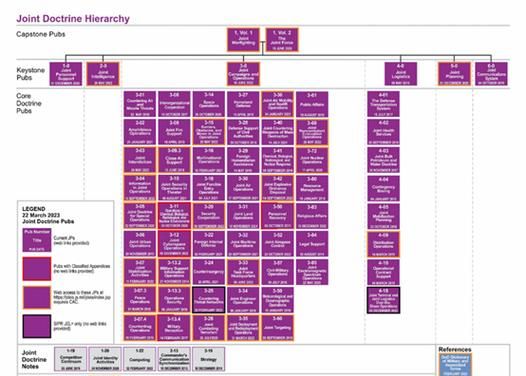A dictionary is a reference book that contains an alphabetical list of words with definitions, usage information, and sometimes their etymologies. Dictionaries are essential tools for language learners, writers, researchers, and even native speakers. The purpose of this article is to delve into the importance of dictionaries and how they have evolved over the years.

The Importance of Dictionaries
Dictionaries serve many purposes, from helping people understand the meaning of words to providing language learners with the necessary tools to communicate effectively. In addition to providing definitions, dictionaries also include information about parts of speech, pronunciation, word origins, and usage.
For example, when encountering a new word, people can look it up in a dictionary to get a better understanding of its meaning and how to use it in a sentence. Dictionaries also help to reduce misunderstandings and miscommunications, which can be particularly important in fields such as law, medicine, and science.
In addition to helping individuals with their own language skills, dictionaries also play an important role in the preservation of language and culture. For example, dictionaries can provide insight into the evolution of language over time and help to preserve archaic or obsolete words that might otherwise be lost to history.
The Evolution of Dictionaries
Dictionaries have come a long way since their inception. Early dictionaries were primarily focused on defining difficult or technical words rather than those commonly used in everyday language. However, as literacy rates increased and the need for more accessible literacy resources grew, dictionaries evolved to become more user-friendly and accessible to a wider audience.
Today, many dictionaries are available online and offer many features not found in traditional print editions. Some online dictionaries offer audio pronunciation, grammar guides, examples of usage, and even thesaurus-like features that provide synonyms and antonyms for each word.
In addition to technological advancements, language and culture have also impacted the evolution of dictionaries. As language usage changes over time, dictionaries must adapt to reflect these changes. Moreover, dictionaries must be culturally sensitive and inclusive to reflect the diversity of language and culture in today's society.
Conclusion
In conclusion, dictionaries are an indispensable tool for language learners, researchers, and writers alike. They offer a wealth of information about words and their uses and help to reduce misunderstandings in communication. Over time, dictionaries have evolved from being primarily focused on difficult words to becoming more inclusive and user-friendly, adapting to meet the demands of modern society.
版权声明:本文来自用户投稿,不代表【新糯网】立场,本平台所发表的文章、图片属于原权利人所有,因客观原因,或会存在不当使用的情况,非恶意侵犯原权利人相关权益,敬请相关权利人谅解并与我们联系(邮箱:435320734@qq.com)我们将及时处理,共同维护良好的网络创作环境。
